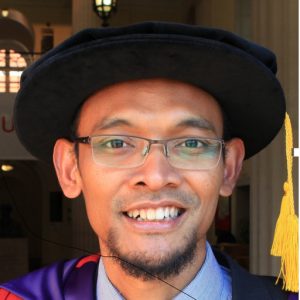Introduction to Multi-Level Modelling
Schedule: 4-5 August, 2025 (09.30-15.30 Jakarta Time)
About
Given that data in social sciences are naturally nested, we need to address such a structure in which individuals are nested within families, neighborhoods, schools, and geographical areas. The course will provide an understanding of the concepts of the multilevel model and its application in social sciences.
To deliver these things, the course is divided into two parts: theoretical and practical. In the theoretical section, we discuss the theoretical assumption and the underlying multilevel model. In the practical section, we explore, dive into, and estimate the multilevel model. Two elective case studies will be provided in this course: the multilevel model in education, where students are clustered into schools. Another application is the analysis of cross-country data, such as the World Values Survey, while the second concerns values and attitudes worldwide, considering individual and country-specific characteristics.
The course will focus on the two-level linear model as a template to illustrate the issues of specification, estimation, and inference. Although each lesson includes guided exercises using R, no prior knowledge of R is required.
Instructor
 Adi Cilik Pierewan
Adi Cilik Pierewan
Affiliation: Universitas Negeri Yogyakarta, Indonesia
Adi Cilik Pierewan is a lecturer at the Faculty of Social Sciences, Law, and Politics, Universitas Negeri Yogyakarta. He obtained a PhD in Social Research from the Cathie Marsh Institute for Social Research, University of Manchester. He is an expert in quantitative modeling and its application in policymaking.
 Adi Cilik Pierewan
Adi Cilik Pierewan